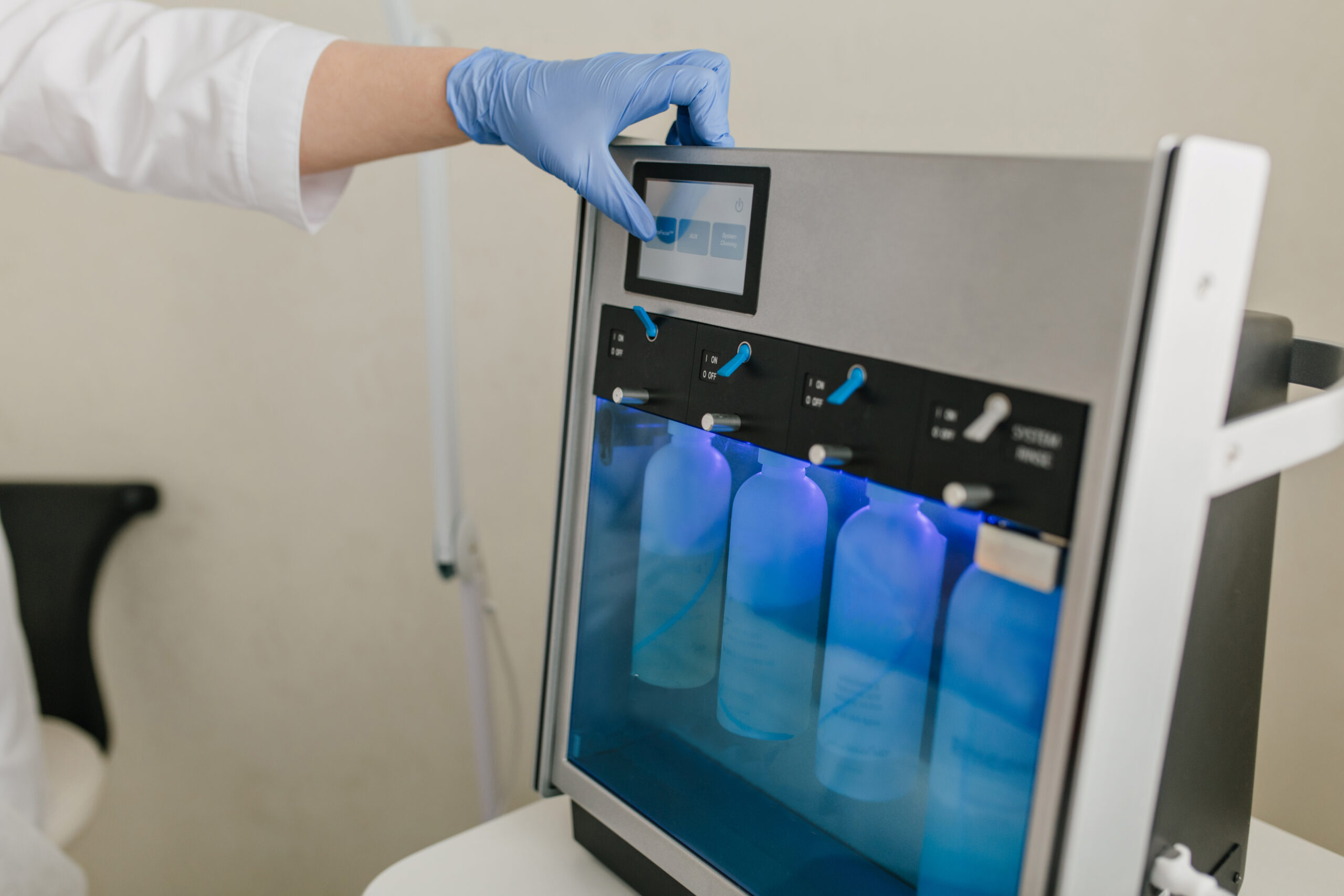- About us
- Specialties
Infertility Treatments
Gynaecolgic Surgery
High Risk Pregnancy
Obstetrics
Donor Programs
- News & Events
- Academic Activities
- Blogs
- Contact us

Cryopreservation allows for the long-term preservation of gametes (eggs and sperm), embryos, blastocysts, ovarian tissue, and testicular tissue. This facility will lower the overall cost of treatment operations and increase cumulative success rates. It will allow for the easy transfer of preserved embryos or blastocysts in the following cycles for cases that do not require extensive monitoring.
A person may think about getting fertility treatment for a variety of reasons. Depending on the situation, it might guarantee their ability to establish a family in the future or ensure they can start one right now. Cryopreservation is an essential component of reproductive treatment. This is frequently an essential part of other reproductive therapies and aids in the procedures involved in donation and retrieval. The procedure of cryopreservation involves freezing eggs or sperm at temperatures below zero (-150?). This aids in the preservation of the sperm or embryos for future usage. Our fertility Specialist will discuss this procedure with you as an option for treatment.
There are two common techniques: the slow freezing technique and the quick freezing technique, which is the most recent one and is also known as vitrification. Vitrification facilitates the fast ice crystallization of cytoplasm, effectively maintaining cell integrity. To use the tissues for further culture or embryo transfer, they must be thawed to their initial room temperature.
There are several purposes for which cryopreservation is used. Because the embryos and sperm are safely kept at these extremely low temperatures (-150*C), there is less chance of cellular damage or death. Cell damage may occasionally occur during the freezing phase, although there are many techniques to avoid such problems.
Copyright © 2024. All Rights Reserved.
Powered By BCC

Copyright © 2024. All Rights Reserved.
Powered By BCC